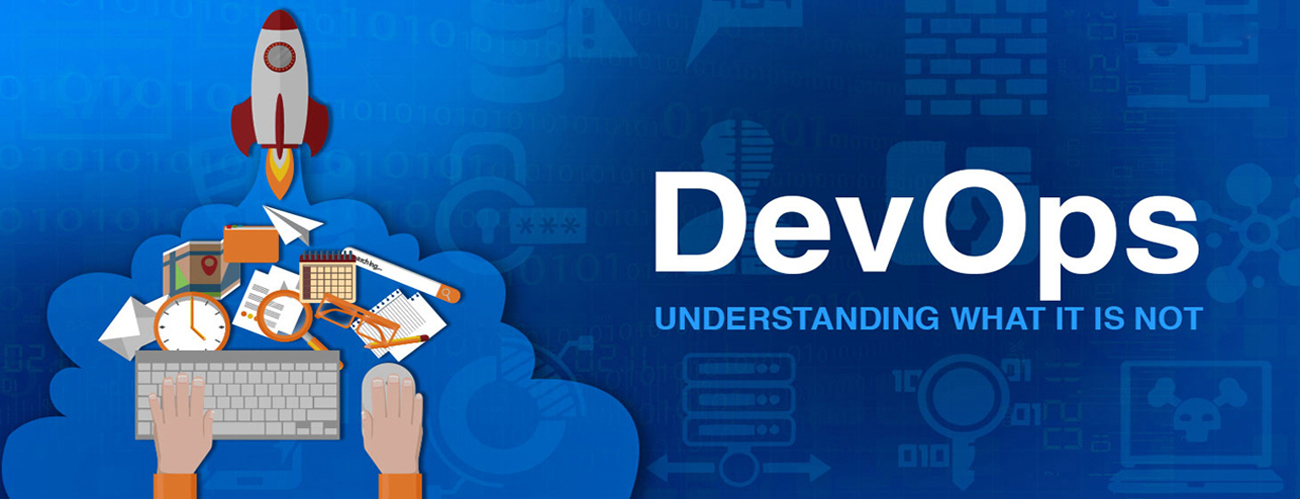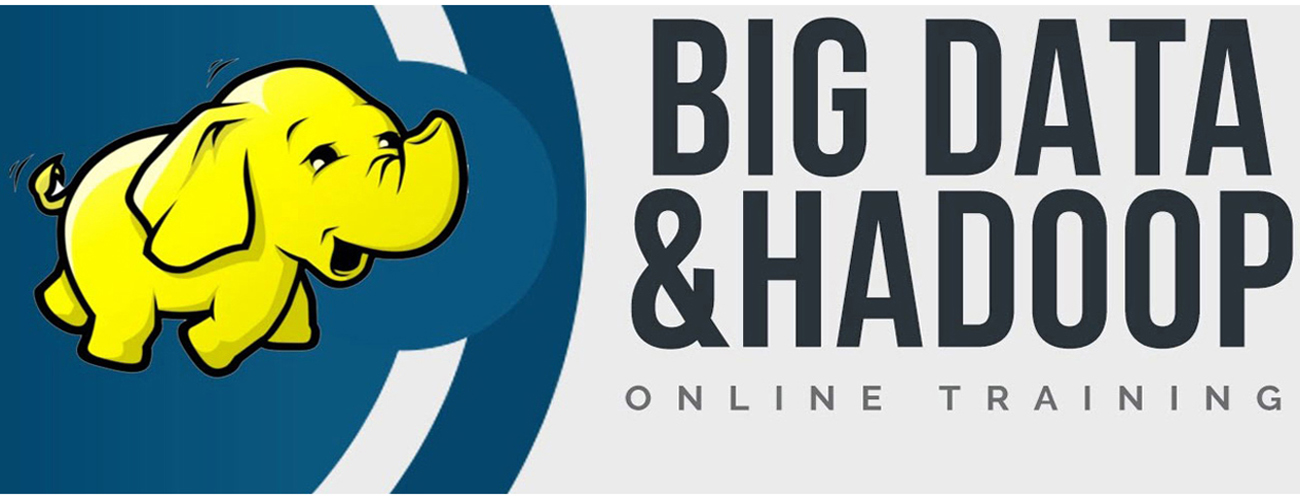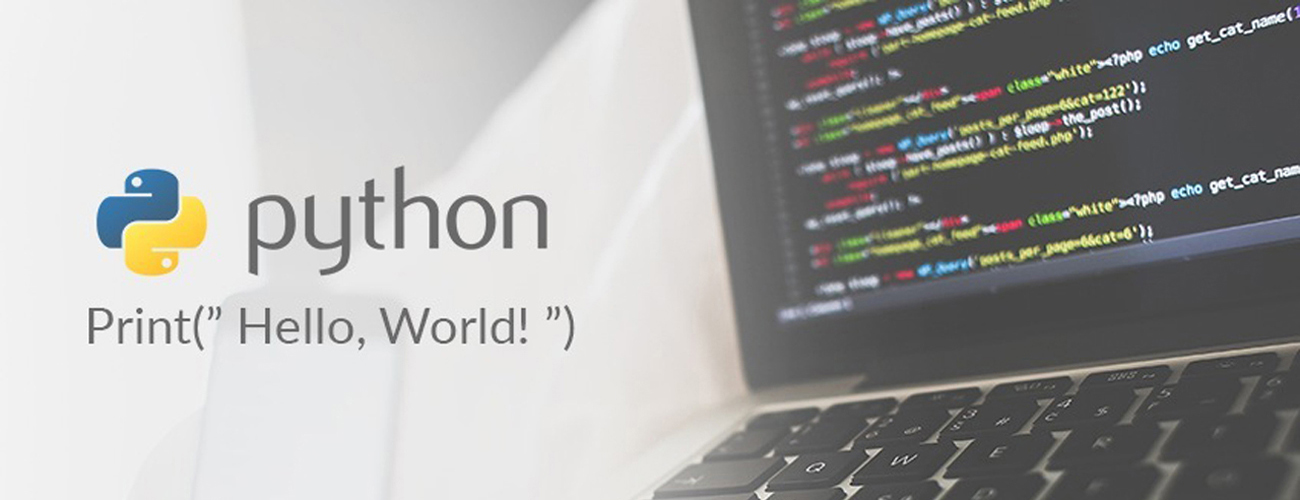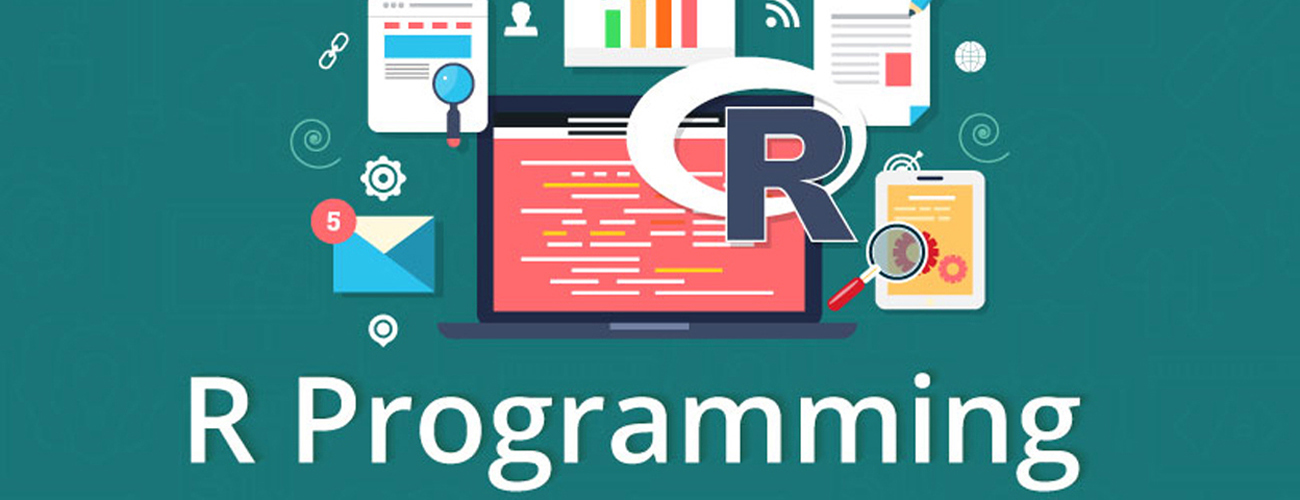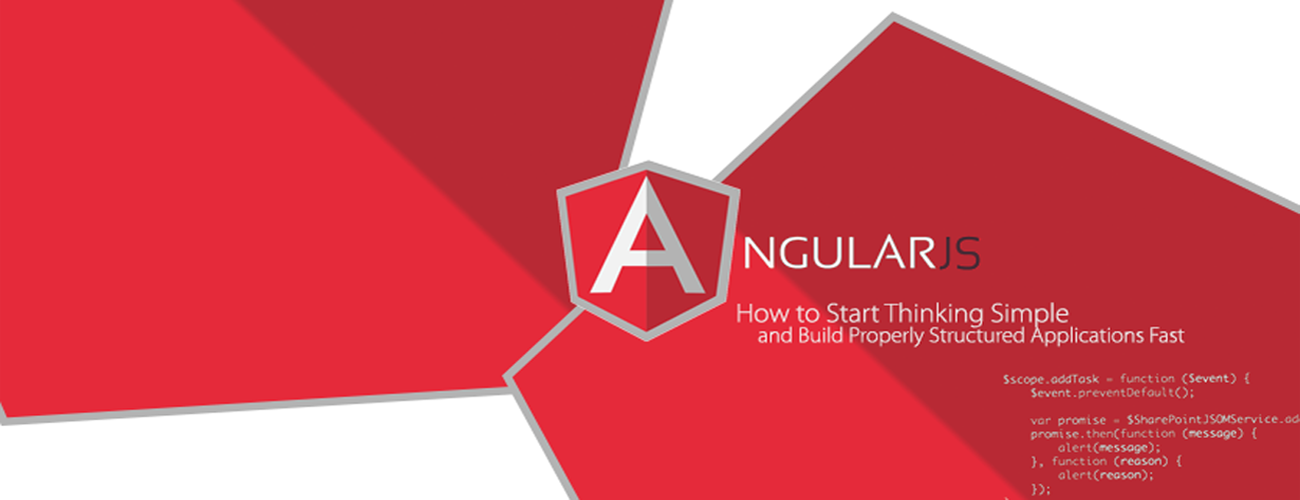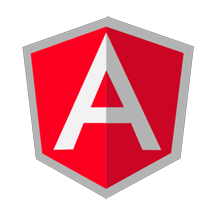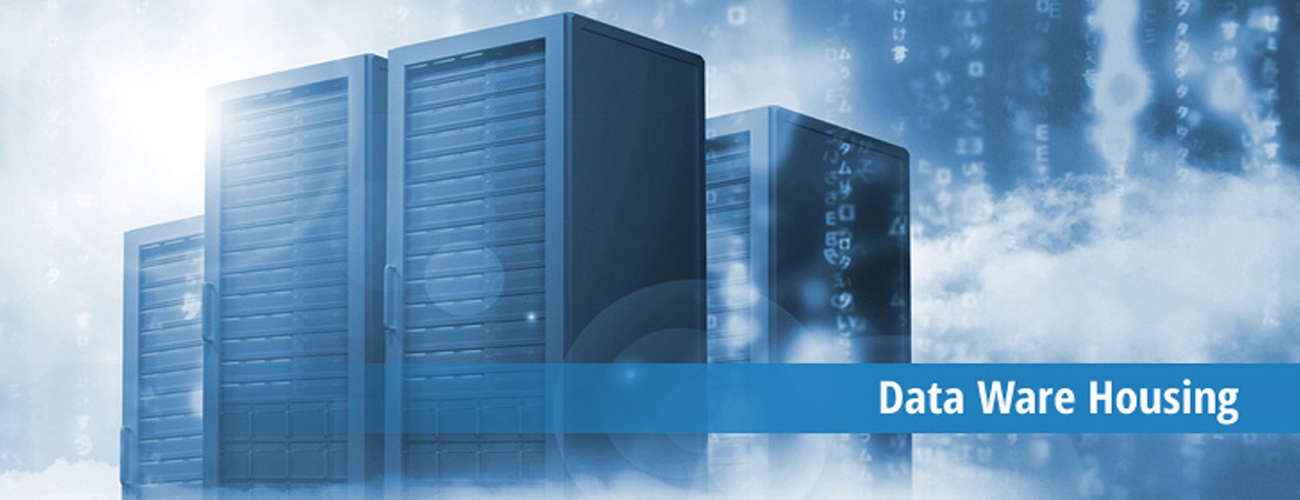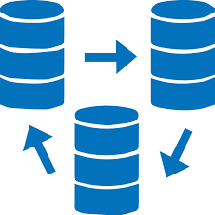DevOps Certification Training Introduction
What is DevOps and it's necessities, DevOps roles, day-to-day problems & their solutions.
Introduction to DevOps and its Necessities
Objective: In this module, you will learn what is DevOps and it's necessities, DevOps roles, day-to-day problems & their solutions. You will also learn about the various infrastructure layouts and understand Scalability and Availability.
Topics: DevOps, DevOps Roles, DevOps Necessities, DevOps Problems & Solutions, Making a DevOps Transition, Identifying cultural impediments and overcoming it, Building Accountability and Trust, Understanding the Infrastructure layouts and its Challenges, Understand Scalability and Availability, Networking Concepts from an enterprise perspective.
Practical’s to be covered:Subnetting.
Understand Common Infrastructure Servers
Objective: IIn this module, you will learn about various Infrastructure Servers, their Configuration & Optimization.
Topics: Working of DNS Server at Internet Scale, DNS Installation, DNS Configuration, DNS Tuning and Geolocation. Understand Web Servers like Apache, Ngnix and their differences, Configure Apache and Nginx for the Enterprise, Load Balancing through HA Proxy and Setup NFS for storage presentation.
Practical’s to be covered:DNS Installation and Configuration, DNS Master/Slave Configuration, HTTPD Web Server setup, HA Proxy Setup - Both HTTP & TCP based load balancing and Ngnix Installation and Configuration.
Implement Automated Installations and Deployments
Objective: In this module, you will learn about Automatic Installation of Servers, Continuous Integration, Configuration Deployments and Packaging.
Topics: Installation of Linux Servers using PXE boot or kick start method, Yum repository setup and Automatic system updates. Configuration of SVN and GIT.
Practical’s to be covered:Linux Installation Methods - Setup PXE(Preboot Execution Environment) and Linux Repository Setup.
Understand Performance tuning aspects and basic Security for Infrastructure
Objective: In this module, you will learn about Performance aspects of the Infrastructure from an Enterprise perspective and Implementation of Security to make environment more secure.
Topics: Operating System tuning concepts and it's Concerns, Types of Disk Schedulers, Performance and Use Cases, Network tuning Parameters and their Influence, Understand the Security at the OS and Network level, Configure Linux Firewall and other security aspects for a secured environment.
Practical’s to be covered:Automatic System updates, SVN and Git Configuration and IP Tables.
Installation & Configuration of Jenkins and Puppet
Objective: In this module, you will learn about Installation & Configuration of Jenkins and Puppet.
Topics: Installation of Jenkins, Authentication with LDAP, UNIX etc, Integration with SVN, Remote command execution, Puppet Installation and Configuration, Puppet manifests and examples, Puppet with SVN.
Practical’s to be covered:Jenkins installation and setup, Jenkins and SVN integration, Jenkins Remote execution, Build job by sending an email, Puppet installation and Configuration, Puppet Manifest examples- User creation, Tomcat installation, Apache Server installation and MySql Parameter changes.
Introduction to Automation with Ansible and SaltStack
Objective: In this module, you will learn about the basics of Ansible, Ansible Playbooks, Ansible Inventory/Dynamic Inventory, Ansible Patterns.
Topics: Infrastructure as Code, Ansible Installation, Ansible Communication framework, Ansible Playbooks, Ansible Inventory/Dynamic Inventory, Ansible Patterns, Sample Scripts, SALTStack States, SLS and Top files, Namespaces, Renderers, Templating Modules, Orchestration.
Practical’s to be covered:Ansible Installation, Ansible Playbooks, Salt Installation, Running Salt.
Automation with Chef
Objective: In this module, you will learn about the Basics of Chef, Chef Cookbooks, Chef Architecture, Tools - Knife & Scripting and Chef Development Kit.
Topics: Chef Recipes, Chef Cookbooks, Chef Architecture, Tools - Knife & Scripting, Chef Development Kit (ChefDK)
Practical’s to be covered:Command Line Tools: Chef and Knife Commands.
Monitoring, Logging, Tomcat and System Tools
Objective: In this module, we will look at Monitoring, logging and auditing and also various DevOps tools/commands that are necessary for the day-to-day activities. We will also look at setting up Tomcat Server.
Topics: Introduction to various logging tools, Understand System auditing, Install and Configure Nagios Monitoring for the Infrastructure, Installation of Tomcat Server and examples, Understand Openssl and Openssh details, Understand rsync for backups, Understand Commands like: lsof, netstat, Understand Virtual Memory, Free, top, vmstat, iostat, uptime, find, screen, strace, Disk commands like - df, du, mkfs, tune2fs, fdisk, dd, Understand /etc/fstab, Mount commands.
Online live courses have become extremely popular due to the following reasons:
- Flexibility and convenience of location and time.
- As the course is spread over a few weeks, you get a chance to practice what you have learnt in a session before the following session. This results in much better understanding and learning
- You get 24x7 learning support and access to excellent learning resources, subject materials at one place.
- You can interact and collaborate with the industry experts, instructors, other learners of the course during and after the course
- Access to the sessions recordings – this is important if you miss a session or want to do a quick revision
- Provision of real-time cloud based labs.
On enrollment, each student is given access to a personalized LMS - Learning Management System. This features your class recordings, presentations, assignments, installation guides, data-sets, quizzes, forums and project documents.
This LMS access is for life-time.
We have a 24/7 support team featuring expert professionals with at least 3 years of experience in the specific technology. In addition to this, they're also given soft-skills training to ensure the best possible experience for you.
The support team is accessible via phone, email, live chat & video-calls. Please note, this is a lifetime facility. Even after course completion you can access the support facilities.
We are only happy, if you are happy. If you have any reason to doubt the content, delivery & expertise of our program, you are eligible for a 100% refund within 7 days of enrollment.
Your payment only comes into our accounts after 7 days, thus ensuring that your refund will be immediately processed.
If you enroll for 2 or more courses at once; your refund policy only stands till the completion of the first course.
We offer 100% placement assistance to its learners who are open to new job opportunities:
- We have collaborated with many companies who give us their hiring requirements
- These hiring partners also have access to the profiles of the learners who are looking for career opportunities, to initiate a contact with them
- Learnests will also send you a curated list of job postings that come up on various websites pertaining to your field of interest.
Note: Learnests offers placement assistance to every learner who wishes to look at career opportunities. However, we do not offer any job guarantee.
During this course; you will be provided with 5 live industry grade projects. Each project will feature data-sets, use-cases & guides from the following industries:
- Finance
- Healthcare
- Social Media
- Entertainment
- Retail
It will take you an average of 10 hours to complete each project.
Each student will be given a certification of course completion only after they finish the classes as well as their projects. The grade will be based on their performance as judged by the instructor. This certificate is recognized by all our corporate partners.
